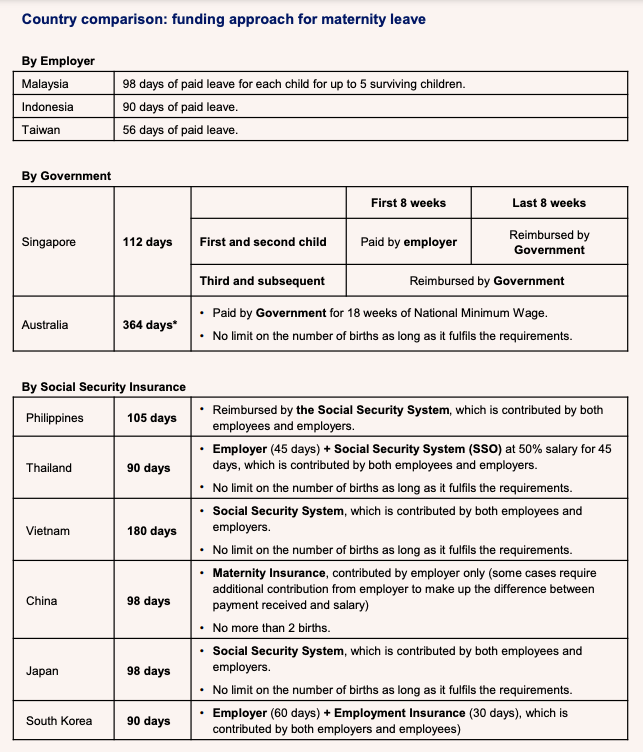Chinese Employers Are Hiring More Men To Avoid Paying Women Due To Longer Maternity Leave
A survey conducted by a national-level organisation found that 41.3% of respondents indicated a shift to a higher male-to-female ratio in employment to mitigate the impact of extended maternity leave.
Chinese employers in Malaysia now prefer to hire men due to a new policy that gives women longer paid maternity leave, a survey found
The survey, conducted by the Associated Chinese Chambers of Commerce and Industry of Malaysia (ACCCIM), which is a national-level organisation, found that 41.3% of respondents indicated a shift to a higher male-to-female ratio in employment to mitigate the impact of extended maternity leave.
According to the survey, released yesterday, 20 February, over 40% respondents indicated a "moderate to high" impact on their operating costs associated with the employment amendments made last year.
Among the changes under the Employment (Amendment) Act 2022, maternity leave was increased from 60 to 98 days and the maximum number of weekly working hours was reduced from 48 to 45 hours. Other amendments include a higher threshold for overtime payment and widened coverage for all employees.
The survey by ACCCIM covered Chinese businesses nationwide.
ACCCIM said that this does not bode well for encouraging women's participation in the labour force and promoting gender equality
In its proposal, ACCCIM said the government can consider a workable co-sharing payment of maternity benefits to lessen the cost burden on businesses like it is done in many other countries, where the payment of maternity benefits is generally either fully or partially funded by the Social Security Insurance system.
"At the same time, [the government should] continue supporting the participation of women in the labour force," ACCCIM added.
The latest edition of the survey covered July to December 2022, and also the business outlook between January to June 2023
While speaking in support of the reduced weekly working hours, saying "everything has limits – so do humans", ACCCIM noted that the amendments impacted operation and employment costs.
According to ACCCIM, while businesses were given time to comply with the amendments, it comes at a time of facing increasing business cost pressures amid uneven business recovery.
The full survey can be downloaded here.

